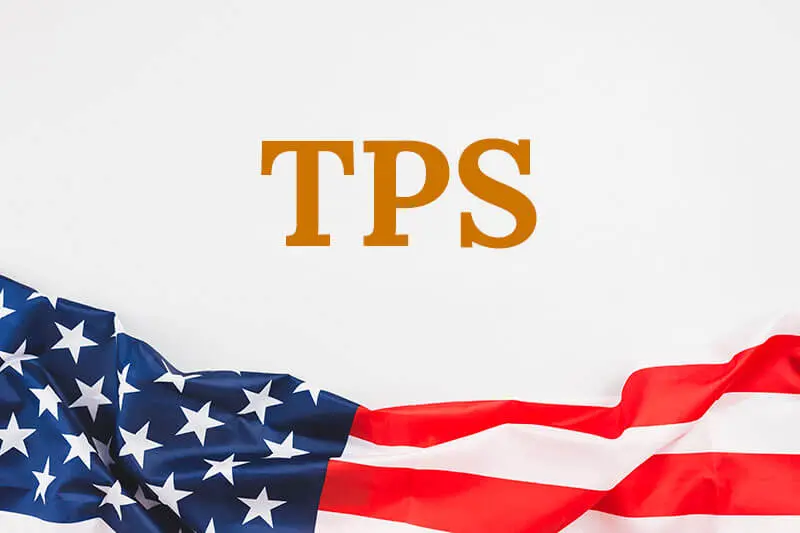Canada offers a variety of options for foreign workers seeking temporary employment. A Canadian temporary work visa allows individuals to live and work in Canada for a specific period, making it a great opportunity for those wanting to gain international experience. Many industries in Canada are facing labor shortages, creating demand for skilled workers from other countries.
The process to obtain this visa involves several steps, such as securing a job offer and applying for the appropriate visa type. Various programs exist, including the International Mobility Program and the Temporary Foreign Worker Program, each catering to different needs and qualifications. Understanding these options can help applicants choose the best path for their situation.
Successful applicants will benefit from the chance to explore Canada’s rich culture, diverse landscapes, and welcoming communities. By working in Canada, they can build valuable skills and connections, paving the way for future opportunities, whether in Canada or back home.
Eligibility Criteria for Canadian Temporary Work Visa
To obtain a Canadian temporary work visa, applicants must meet specific requirements. These include having the necessary educational qualifications, a valid job offer, and compliance with provincial regulations.
Educational and Professional Qualifications
Applicants generally need a certain level of education or training relevant to the job. This can include degrees, diplomas, or certificates. The requirements may vary based on the job type and industry.
Relevant work experience is also important. Employers often look for candidates with practical skills and experience in their field. Gaps in education or experience might hinder the application process.
Some positions may require licensing or certification specific to Canada. Applicants should check if their occupation has any special requirements to work legally in the country.
Job Offer and LMIA Requirements
A valid job offer is crucial for the visa application. The job must be full-time and meet wage standards set by the Canadian government. Employers typically provide a letter confirming the job offer.
In most cases, a Labour Market Impact Assessment (LMIA) is needed. This document shows that hiring a foreign worker will not negatively affect the Canadian job market. Employers must apply for an LMIA and receive approval before the applicant can apply for the visa.
Some categories of workers might be exempt from the LMIA requirement. These exemptions usually apply to specific skills or international agreements.
Provincial and Territorial Regulations
Each province or territory in Canada has its own rules regarding temporary work permits. Applicants must ensure they follow local regulations and obtain any necessary permits.
Some regions may have specific programs aimed at attracting foreign workers. These programs can provide additional pathways to secure a temporary work visa.
Understanding the local job market and requirements is essential. Researching provincial regulations can help applicants maximize their chances of approval.
Application Process for Canadian Temporary Work Visa
The application process for a Canadian temporary work visa involves several key steps. These include gathering necessary documents, completing application forms, and attending a visa interview. Each step is important for a successful application.
Gathering Necessary Documents
Before applying, it is essential to collect all required documents. The list typically includes:
- A valid passport
- A job offer letter from a Canadian employer
- Proof of work experience and qualifications
- Evidence of ties to the home country
- Financial documents showing ability to support oneself
All documents must be clear and in English or French. In some cases, applicants may also need to provide additional documents based on their home country or specific job requirements. Ensuring all documents are complete and accurate can speed up the application process.
Completing the Application Forms
Next, applicants must complete the relevant application forms. This often includes the Application for a Work Permit Made Outside Canada. Key details needed on the form include:
- Personal information
- Details about the job being offered
- Information about the employer
It is crucial to check for errors before submission, as mistakes can delay the process. Once completed, the application forms should be submitted either online or via mail, depending on the applicant’s choice.
Visa Interview and Biometrics
After submitting the application, applicants may be required to attend a visa interview. The interview is a chance for visa officers to ask questions about the application and job offer.
Additionally, applicants usually need to provide biometrics. This includes fingerprints and a photo taken at a designated location.
Both the interview and biometrics process help the Canadian government verify the applicant’s identity and intentions. Timely attendance at these appointments is vital for keeping the application on track.
Work Visa Categories and Types
Canada offers two main types of temporary work visas: Open Work Permits and Employer-Specific Work Permits. Each type has unique features, eligibility requirements, and restrictions.
Open Work Permits
An Open Work Permit allows an individual to work for any employer in Canada. This type of permit does not require a job offer before applying. It provides flexibility for workers, allowing them to seek jobs across various industries.
Certain categories of individuals may qualify for an Open Work Permit. This includes international students who have graduated from a designated learning institution, spouses or common-law partners of skilled workers, and refugee claimants.
The duration of an Open Work Permit can vary. Some permits are valid for a few months, while others may last several years. Renewing an Open Work Permit is possible under certain conditions.
Employer-Specific Work Permits
An Employer-Specific Work Permit, also known as a closed work permit, is tied to a specific employer. The applicant must have a job offer and, in most cases, a positive Labour Market Impact Assessment (LMIA) from Employment and Social Development Canada (ESDC).
This type of permit outlines specific terms and conditions, including job title, location, and duration. It restricts workers to only the employer mentioned in their application. Employers often sponsor workers for this type of visa to fill labor shortages in various fields.
Valid duration of an Employer-Specific Work Permit varies based on the job offer and LMIA. Workers can apply for extensions or changes in conditions if needed.
Rights and Responsibilities
Temporary workers in Canada have specific rights and responsibilities they must understand. These help ensure fair treatment while they are working and living in another country.
Worker’s Rights in Canada
Workers in Canada enjoy many rights under the law. They have the right to a safe working environment, free from hazards. Employers must follow safety regulations and provide necessary training.
In addition, workers are entitled to fair wages that meet or exceed the minimum wage for their job type. They should receive payment on time, according to their employment agreement.
Workers also cannot be discriminated against based on race, gender, or nationality. If they face unfair treatment, they have the right to report this to the proper authorities. Access to healthcare services is also available, and workplaces must respect workers’ rights to privacy.
Compliance with Visa Conditions
Temporary workers must follow the rules set by their work visa. Staying within the allowed length of stay is crucial. Exceeding the timeframe can lead to penalties, including a ban on future entry to Canada.
Workers must only perform the job specified in their visa. Taking on other employment without permission could lead to visa cancellation.
Reporting any changes, like a new employer or job title, is essential. Keeping the immigration office informed ensures compliance. Violating these conditions can affect future visa applications and residency options.


